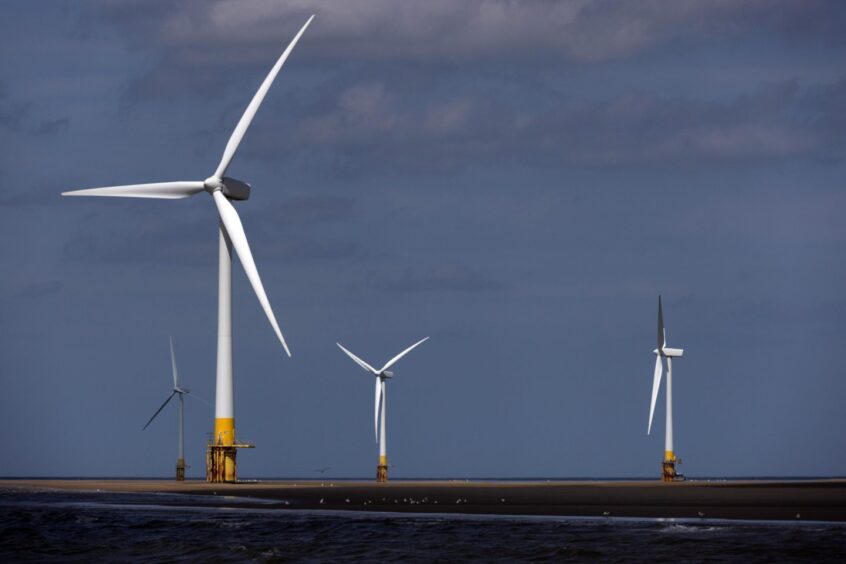
Macquarie Asset Management (ASX:MQG) is making a $50 billion bet on offshore wind after sidestepping a perfect storm of low power prices and cost inflation that forced many competitors to walk away.
Corio Generation Ltd., the fully owned offshore wind unit of the Australian financial giant, along with partners including TotalEnergies SE, plans to make the investment over the next seven years in markets that include New York, New Jersey, Scotland, England, Taiwan and Ireland, said Chief Executive Officer Jonathan Cole.
Despite failures by others, Corio was able to see how spiraling costs and surging interest rates were making existing power prices unprofitable when it started planning its investments, Cole said in an interview during a trip to Rio de Janeiro, where the company has set up an office.
Prospects for US offshore wind remain uncertain due to inflation and supply-chain issues. Developers have been forced to delay or even cancel some projects, although two big farms, Vineyard Wind near Massachusetts and South Fork Wind off the coast of New York, began sending electricity ashore in recent months.
“Whether by good luck or excellent management, we find ourself in a situation where we were born and came onto the market only two years ago,” Cole said. “We haven’t found ourselves in a situation where we’ve had to make cancellations of projects and write-offs.”
Regulatory reset
Cole sees a “regulatory reset” in the coming years in many markets and a more cautious approach by investors. He expects the industry correcting a “disconnect” between low prices for selling wind energy and rising costs to get the projects completed.
A few years ago developers were getting used to cheap credit and rapid technological gains that were improving profitability, and wound up setting electricity prices at levels that were often unsustainable once the parks were completed, he said. Corio is focusing on markets with “cost-reflective pricing,” he said.
“There are still plenty of projects with problems to overcome with the legacy issues,” Cole said. “You still see the big players in the supply chain struggling to report profits, and that needs to be turned around because we really need the supply chain to be healthy.”
Corio’s investments could rise even more if the company is successful at developing projects in Brazil, where the industry is waiting on an offshore wind law to be approved before licensing rounds can start.
Last week Corio signed a memorandum of understanding with Brazilian port developer Prumo Logistica SA to explore using a port in Rio de Janeiro state to develop Corio’s future wind projects. Corio is aiming to develop five offshore wind farms in Brazil totaling up to 6 gigawatts.
Brazil has all the physical conditions to become a leader in offshore wind. The windiest regions are in shallow waters, close to the coastline, and in a country with demand centers all along the coast. It also has a good port infrastructure.
“If you take a look at Brazil, it ticks those boxes in a way that most other countries don’t,” Cole said. “That’s why Brazil is such an attractive market. Physically it makes so much sense.”
